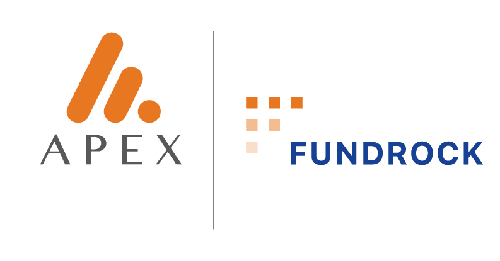The link to this address may be outdated or we may have moved the page since your last visit.
Got a question?
If you have any client services related request, please go to the Locations page to contact your local support team.
If you have any HR related query, please write to our HR team: GroupHR@apexfunds.com.mt.
Please note that email may not be a secure form of communication, therefore we advise against sending your personal account details by email.
To submit your CV or review current vacancies, please go to the Careers page.
If you would like more information about our products and services, please complete our contact form.
One of our team members will get in touch with you shortly.
For all media questions, please contact Antonia Powell, Head of Media Relations.









